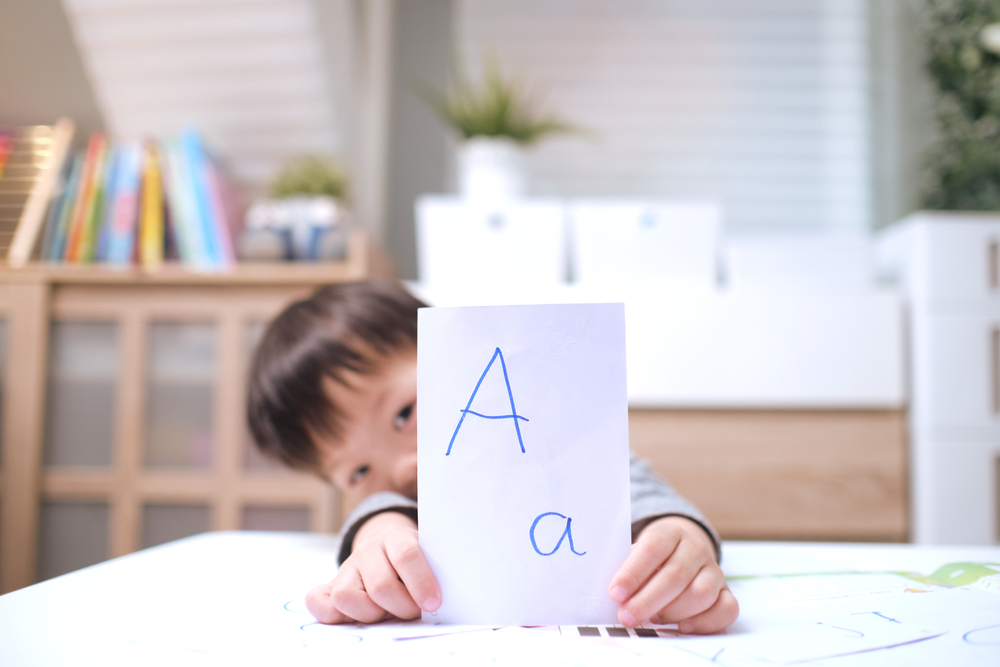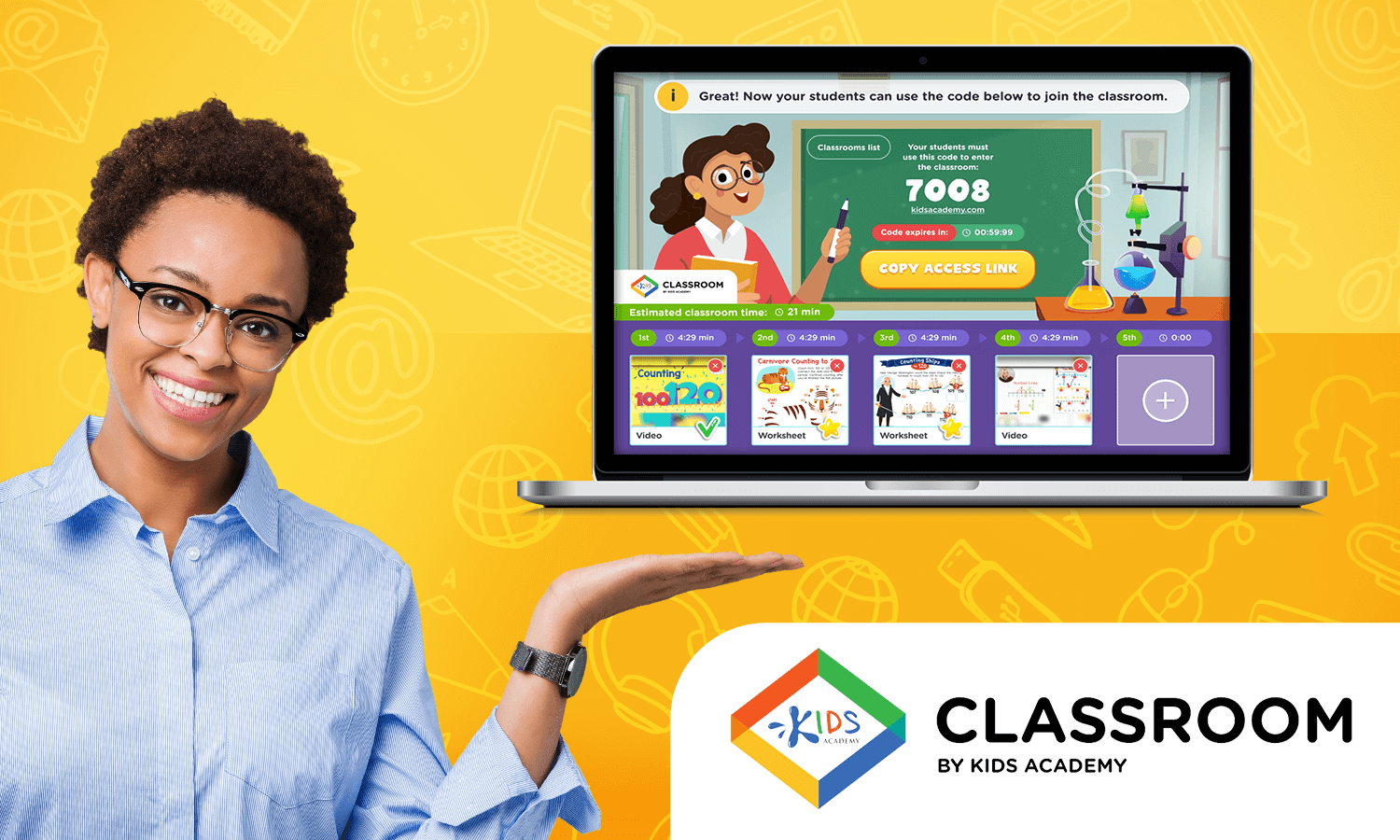Easy Alphabet worksheets activities for Ages 6-7
5 filtered results
-
From - To
Explore our "Easy Alphabet Worksheets Activities for Ages 6-7" designed to make learning letters fun and engaging! Perfect for young learners, these worksheets help children master the alphabet through a variety of exciting activities. From letter tracing to matching games, each worksheet encourages creative thinking and enhances fine motor skills. Our interactive approach not only fosters recognition of uppercase and lowercase letters but also helps reinforce vocabulary and phonics. With vibrant illustrations and clear instructions, these activities are perfect for classroom use or at-home learning. Dive into our collection and support your child’s early literacy journey today!
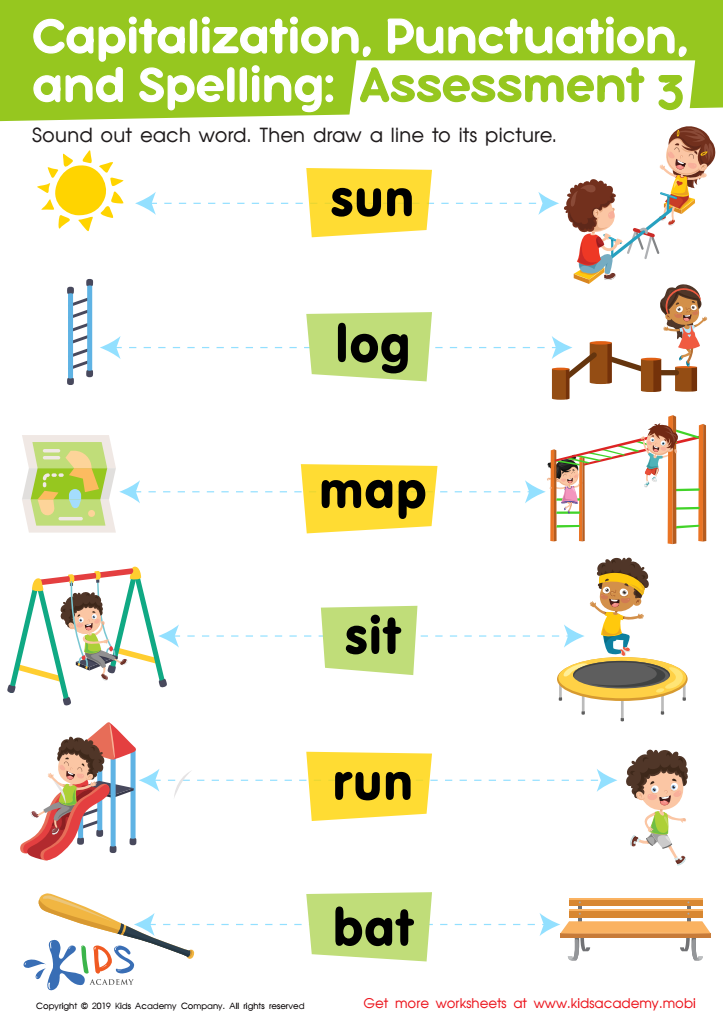

Capitalization. Punctuation. Spelling. Assessment 3 Worksheet


Phonics and Word Recognition: Assessment 1 Worksheet
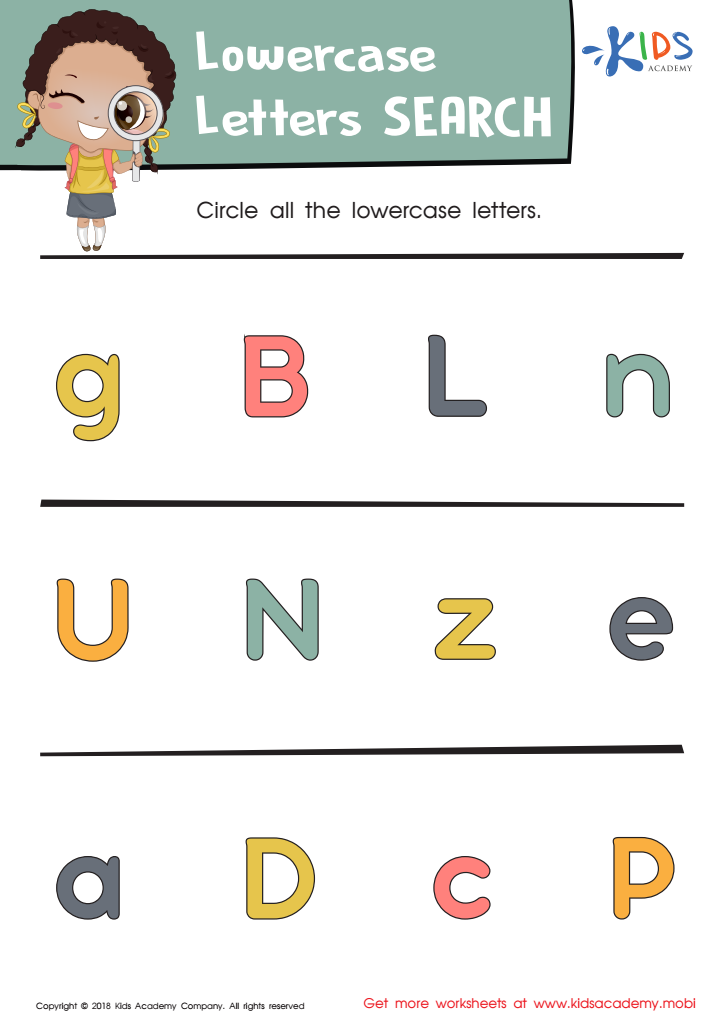

Lowercase Letters Search: Assessment Worksheet
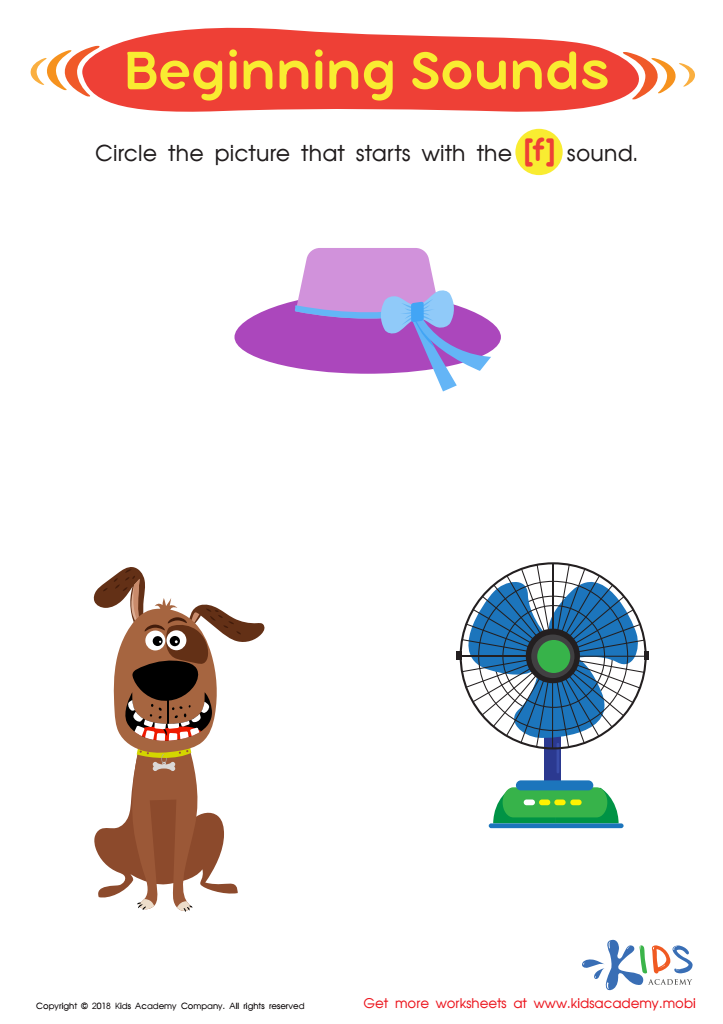

Beginning Sounds Assessment Printable
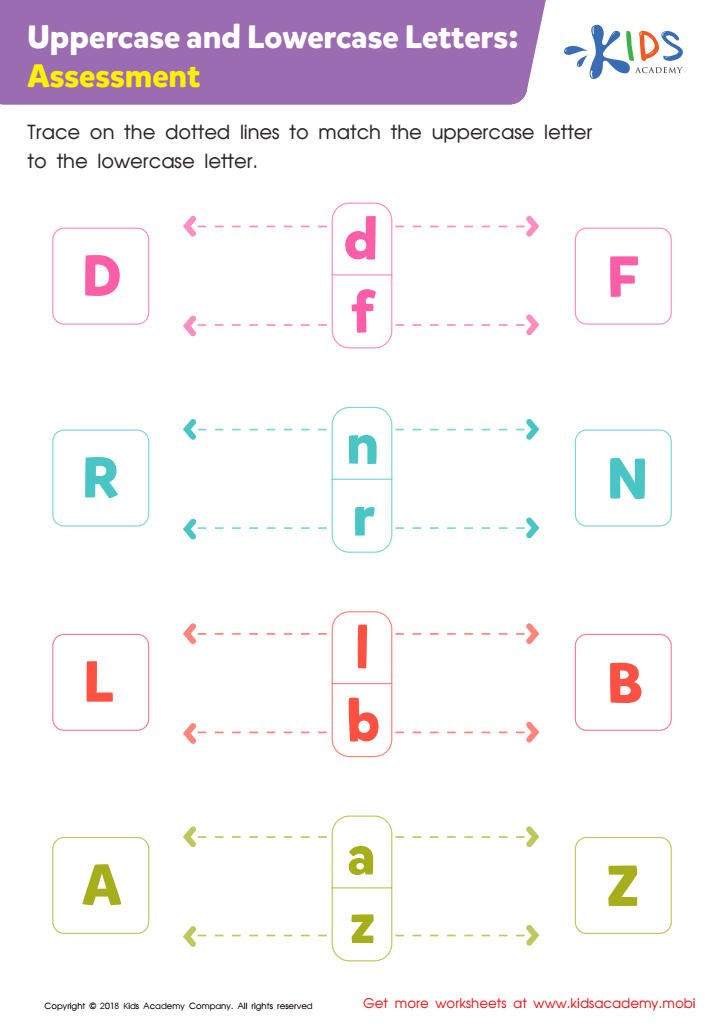

Uppercase and Lowercase Letters: Assessment Worksheet
Easy Alphabet activities for ages 6-7 play a crucial role in early literacy development, making them an essential focus for parents and teachers. At this age, children typically begin to solidify their understanding of letters and sounds, which are foundational skills for reading and writing. Through engaging activities, children can develop phonemic awareness, improving their ability to recognize, manipulate, and connect letters and sounds.
These activities foster not only literacy skills but also enhance cognitive development, critical thinking, and fine motor skills. Fun and interactive tasks, like letter treasure hunts or writing letters in different materials (like sand or clay), keep learning lively and help children stay motivated. Incorporating these activities into daily routines supports diverse learning styles, ensuring that each child’s unique strengths are nurtured.
Moreover, Easy Alphabet activities provide opportunities for bonding between parents and children, as they often involve collaborative learning experiences. While fostering a strong literacy foundation, these activities encourage a love for reading and writing, setting the stage for educational success. By prioritizing such engaging and effective activities, parents and teachers can play a vital role in children's early literacy journeys, equipping them for future learning and fostering a lifelong love of language.
 Assign to My Students
Assign to My Students







